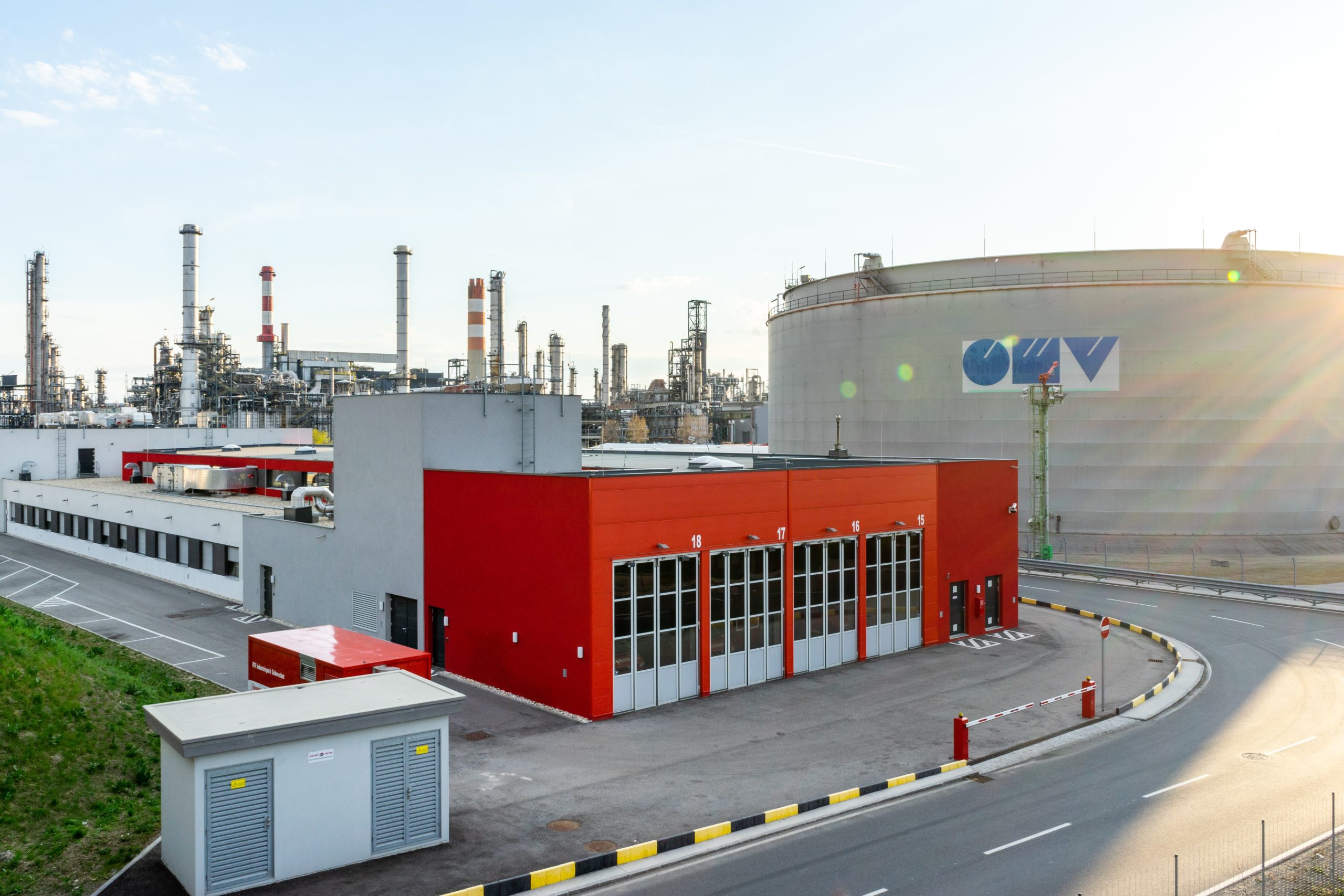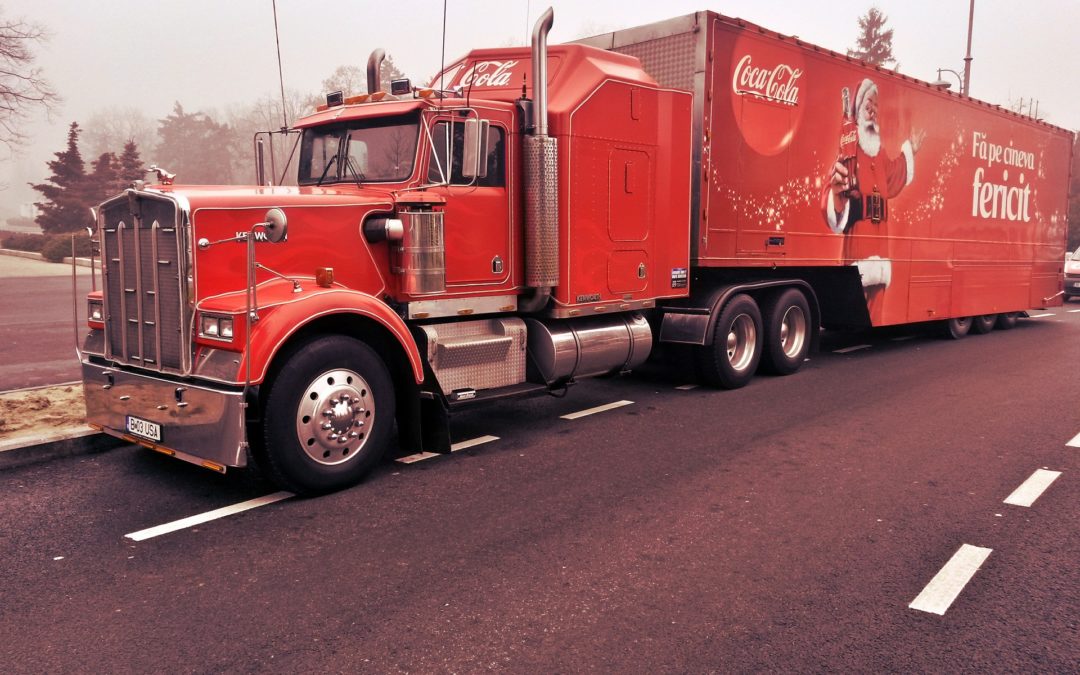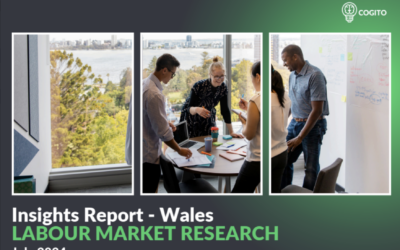Supply chain issues are not a new occurrence within food, hospitality, and retail (we all remember the KFC chicken shortages of 2018). This year, because of Brexit, new visa restrictions as well as COVID-19 and new travel restrictions, delivery and logistics issues within supply chains are creating shortages across the UK in a range of sectors. Many of these issues in supply and demand have been caused by one significant factor, .
Shortages within the supply chain have led to panic and unease within the public and the media. In recent weeks, there have been reported supply chain issues in 5 key areas.
- Fuel
- CO2
- Energy
- Food
- Christmas
Most recently, the UK has been hit by a series of fuel-related panic buying in response to shortages. As the media drives panic, markets are experiencing spikes in demand, however, these spikes coupled with related shortages in lorry drivers has caused the current fuel shortages. Increased demand coupled with the limitations on shipping means that while there is not a shortage of supply, it is the supply chains themselves that are struggling to meet demands’.
The closure of two major producers of fertilizer in the UK has impacted the supply of food-grade carbon dioxide. Carbon dioxide is a significant product within the supply chain, creating ripple effects through the meat industry, the production of fizzy drinks and the upkeep of industrial fridges. While the closure of UK producers impacts the base supply of CO2, it also impacts the prices of CO2 within international markets, driving up the price due to increased demand.

In a similar situation to the CO2 supply chain issues, the energy sector is experiencing crisis as several smaller firms have gone bust. As a result of these companies’ closure, the energy market is increasing prices to meet the demand. In response to this, OFGEM, the energy regulator has increased the cap on energy prices by 12% for dual fuel. While increasing the price of energy will manage the supply in response to increased demand, this supply chain issue will impact many people and businesses over the coming months.
In a joint crisis caused by fluctuations in CO2 and a shortage of lorry drivers, the supply chain for frozen foods is at risk. With an inability to deliver foods, shortages of chilled and frozen foods are suggested to be on the horizon.
In a similar vein, news outlets are suggesting that this could be ‘the most expensive Christmas yet’. While the COVID-19 pandemic initially distracted us from Brexit, supply chain issues are bringing the UK’s exit from the EU back into center view. With shortages of lorry drivers, retailers are expected to increase their prices to keep supply and demand in check. Shortages in migrant seasonal workers, increasing shipping costs and COVID-related disruptions can only hint at how the Christmas supply chain has been affected.
The main factor behind these supply chain issues is the employment and training of lorry drivers. Training can be difficult and take months to complete and issues created by Brexit can make movement between countries difficult. With a global dependence on international shipping to meet supply chain demands, Brexit negatively impacted supply and demand far before the pandemic began. In recent days governments have been urged to re-establish freedom of movement for transport workers to avoid the collapse of supply chains.
Want more data and insights?
Visit our People Insights website for the full list of services!







